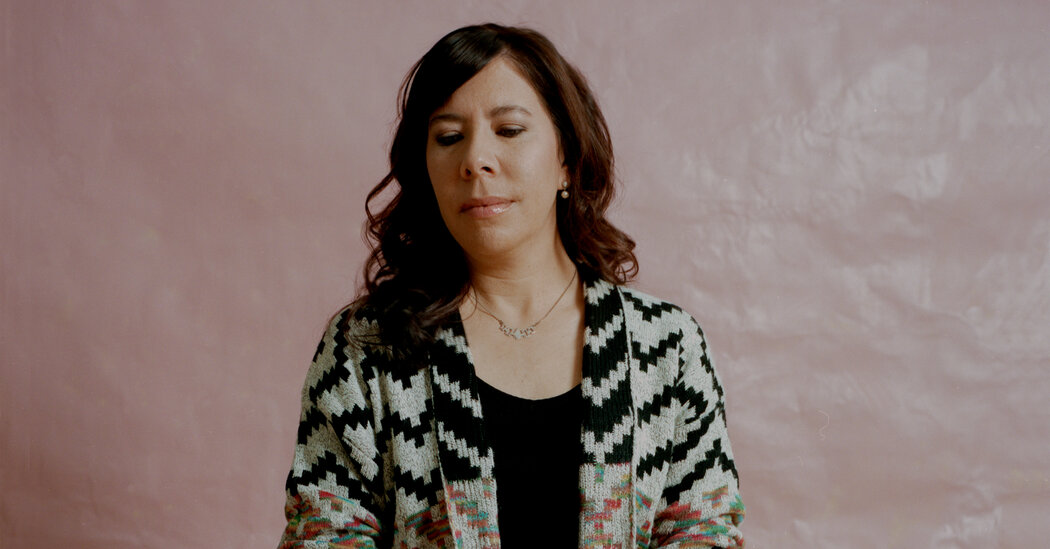
Although Beans’ struggles relate specifically to her time and place, they are likely to resonate with anyone who has raised an adolescent — or been one. When Beans practices profanity in front of her bedroom mirror, smiling proudly when she finally utters a curse, it’s impossible not to notice the doll and stuffed animals still on her bureau. And any viewer will be alarmed when a tough older girl encourages Beans to harm herself so she will be impervious to the pain inflicted by others.
“It doesn’t matter if you’ve never heard of the Oka crisis,” Deer said, adding that the character is coming of age “in a tumultuous, unwelcoming world that is indicative of where we currently are.”
An incident during filming reinforced that view. Deer shot “Beans” at several spots where the historical events occurred, including the Honoré Mercier Bridge, which Mohawk demonstrators blockaded during the crisis. It’s where the rock-throwing confrontation, recreated in the film, took place as well. When Deer began shooting in 2019, the structure was partly closed for maintenance. But some motorists, she said, assumed the movie crew had shut down the route.
“They were beeping and yelling at us and revving their engines,” said Deer, who added that the occupants of one car began shouting racial slurs. Thirty years after the Oka crisis, she said, “the same kind of moment played out.”
To show that she was not distorting the historical backdrop, Deer used archival footage throughout the film, in one case inserting an actor into the Mohawk protesters in a 1990 news clip. “Nobody remembered it to be so violent, so negative, so traumatic,” Gélinas said, describing audiences’ reactions in Canada, where the response to “Beans” has been overwhelmingly positive.
Although the Oka conflict ended in September 1990 with the cancellation of the golf course expansion, disputes over the land rights continue. But in the Canadian cultural sphere, the concerns of Indigenous people are gaining increased attention, said Jesse Wente, chairman of the Canada Council for the Arts and executive director of the Indigenous Screen Office in Toronto. (The organization supports Native film projects but did not contribute to the financing of “Beans.”)



